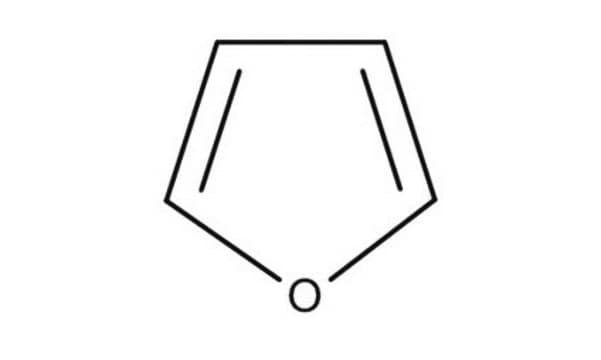330736
exo-3,6-Epoxy-1,2,3,6-tetrahydrophthalic anhydride
Sign Into View Organizational & Contract Pricing
All Photos(2)
About This Item
Empirical Formula (Hill Notation):
C8H6O4
CAS Number:
Molecular Weight:
166.13
Beilstein:
10355
MDL number:
UNSPSC Code:
12162002
PubChem Substance ID:
NACRES:
NA.23
Recommended Products
form
solid
Quality Level
mp
118 °C (dec.) (lit.)
SMILES string
O=C1OC(=O)[C@H]2C3OC(C=C3)[C@@H]12
InChI
1S/C8H6O4/c9-7-5-3-1-2-4(11-3)6(5)8(10)12-7/h1-6H/t3-,4+,5-,6+
InChI key
QQYNRBAAQFZCLF-FBXFSONDSA-N
Looking for similar products? Visit Product Comparison Guide
Signal Word
Warning
Hazard Statements
Precautionary Statements
Hazard Classifications
Eye Irrit. 2 - Skin Irrit. 2 - STOT SE 3
Target Organs
Respiratory system
Storage Class Code
11 - Combustible Solids
WGK
WGK 3
Flash Point(F)
Not applicable
Flash Point(C)
Not applicable
Personal Protective Equipment
dust mask type N95 (US), Eyeshields, Gloves
Choose from one of the most recent versions:
Already Own This Product?
Find documentation for the products that you have recently purchased in the Document Library.
Customers Also Viewed
Alysia Cox et al.
European journal of pharmaceutics and biopharmaceutics : official journal of Arbeitsgemeinschaft fur Pharmazeutische Verfahrenstechnik e.V, 142, 70-82 (2019-06-10)
Nanoparticles may provide a viable way for neuroprotective drugs to cross the blood-brain barrier (BBB), which limits the passage of most drugs from the peripheral circulation to the brain. Heterotelechelic polymer prodrugs comprising a neuroprotective model drug (adenosine) and a
Chao Wu et al.
Advanced materials (Deerfield Beach, Fla.), 32(21), e2000499-e2000499 (2020-04-07)
Flexible dielectrics operable under simultaneous electric and thermal extremes are critical to advanced electronics for ultrahigh densities and/or harsh conditions. However, conventional high-performance polymer dielectrics generally have conjugated aromatic backbones, leading to limited bandgaps and hence high conduction loss and
Our team of scientists has experience in all areas of research including Life Science, Material Science, Chemical Synthesis, Chromatography, Analytical and many others.
Contact Technical Service







![7-Oxabicyclo[2.2.1]heptane 98%](/deepweb/assets/sigmaaldrich/product/structures/377/935/931d29d9-08c9-492a-b42e-3f8f5a20f595/640/931d29d9-08c9-492a-b42e-3f8f5a20f595.png)



